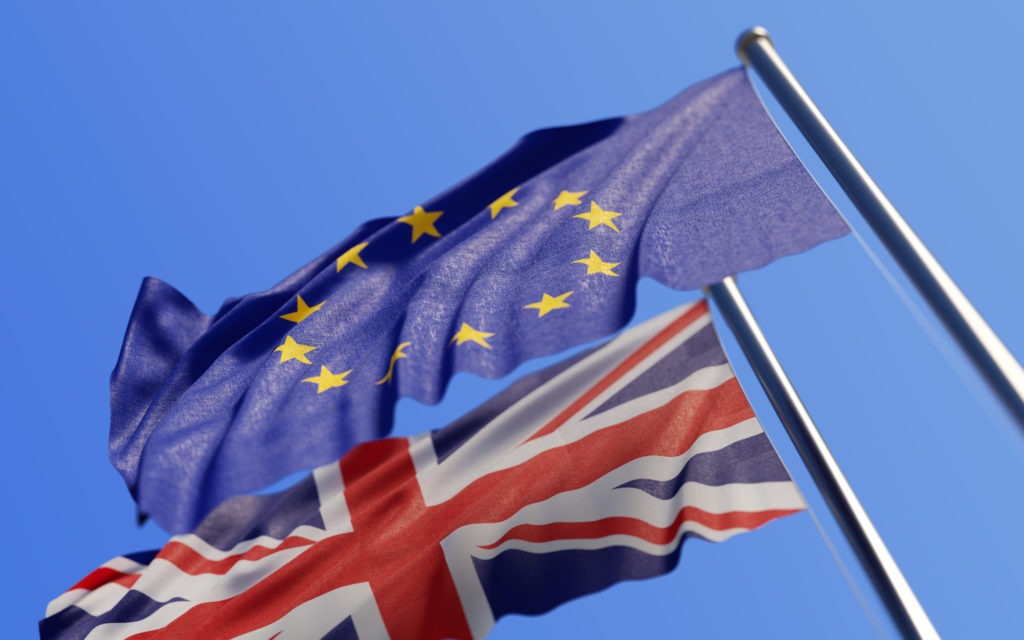Cars from EU could see 10% UK tariff unless trade deal achieved
20 May 2020

20 May 2020
From the start of next year, a 10% import tariff could be levied on new cars entering the UK from the EU.
The Department for International Trade announced yesterday that the UK’s new most-favoured nation (MFN) tariff regime, the UK Global Tariff (UKGT) will replace the EU’s Common External Tariff on 1 January 2021. This will see cars built in the EU subject to the same tariff rates as models built elsewhere in the world.
At present, EU-built cars are not subject to any tariffs, but this new rate will apply if the UK cannot strike a trade deal with the bloc by the end of the current transition period.
′Support businesses’
′The Government is maintaining tariffs on a number of products, backing UK industries such as agriculture, automotive and fishing’ the department said. ′This will help to support businesses in every region and nation of the UK to thrive’.
However, it is unlikely that manufacturers in the EU will absorb these new additional costs. Instead, consumers are far more likely to see price tags rise as the cost is passed on to them. Porsche confirmed last year that customers would have to pay an additional 10% if a no-deal Brexit occurs.
Some £30 billion (€33.5 billion) worth of tariffs will also be removed from imports entering UK supply chains. This means products used in UK production, including copper alloy tubes (down from 5.2%) and screws and bolts (down from 3.7%), will see no tariffs.
The UKGT is knocking tariffs off various other consumers goods, such as dishwashers (down from 2.7%), freezers (down from 2.5%) and paints (down from 6.5%). In a move to promote a ′sustainable economy,’ tariffs on over 100 products will be cut to back renewable energy, energy efficiency, carbon capture, and the circular economy.
′Tailored to the UK economy’
′For the first time in 50 years we are able to set our own tariff regime that is tailored to the UK economy,’ International Trade Secretary Liz Truss said.
′Our new Global Tariff will benefit UK consumers and households by cutting red tape and reducing the cost of thousands of everyday products. With this straightforward approach, we are backing UK industry and helping businesses overcome the unprecedented economic challenges posed by coronavirus.’
With the third round of Brexit talks turning sour, there is a very real likelihood the UKGT will come into effect. In a statement published on Twitter, the UK’s chief Brexit negotiator David Frost expressed his regret at how little progress had been achieved.
Here is my statement for the UK following the conclusion of the third Round of talks with the EU today. pic.twitter.com/fKtTFV72DE
″” David Frost (@DavidGHFrost) May 15, 2020
′I regret however that we made very little progress towards an agreement on the most significant outstanding issues between us,’ he said.
In an attempt to ramp up pressure on Brussels, the UK Government published its terms for a free-trade agreement with the EU. Among the 12 documents published, there is a 291-page draft comprehensive free-trade agreement.
The EU’s chief negotiator, Michel Barnier, welcomed the publication of the texts, but he pointed towards the need for ′tangible progress across all areas,’ in the next round.
I welcome the UK’s publication of draft legal texts today.
″” Michel Barnier (@MichelBarnier) May 19, 2020
Transparency is v. important in negotiations. @EU_Commission published a comprehensive legal agreement over two months ago.
In the next round, we must make tangible progress across all areas, incl. LPF & governance.